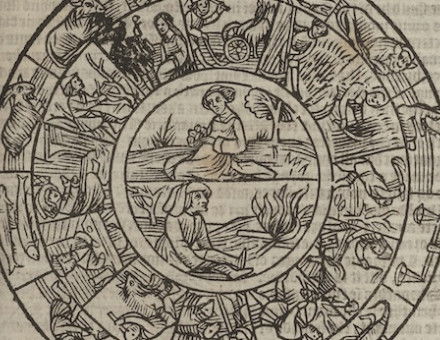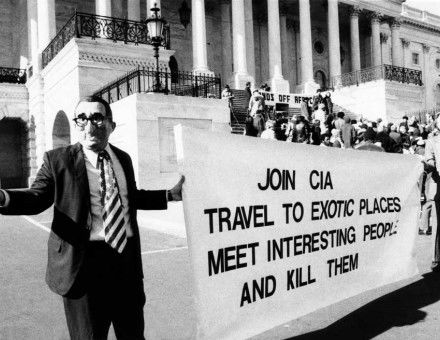Chatham House and the Lessons of History
The Royal Institute of International Affairs, better known as Chatham House, celebrates its 90th birthday this summer. Roger Morgan looks at the organisation’s original aims and its pioneering role in the study of contemporary history.
In May 1919 a number of British and American historians found themselves in Paris, in and around the foreign ministry at the Quai d’Orsay, with long stretches of time on their hands. Harold Temperley and James Butler from Cambridge, Alfred Zimmern and Arnold Toynbee from Oxford, Charles Webster from Liverpool and their counterparts from Harvard or Columbia had been recruited by their governments to advise on shaping the post-First World War world. In the vast and complex peace conference, they concerned themselves with disputed frontiers, the future of ethnic minorities and distant colonies and the Covenant, or rule book, of the emerging League of Nations.
While they waited for British Prime Minister David Lloyd George and US President Woodrow Wilson to conclude the critical deals, the historians and an influential group of British and American delegates met at the Hotel Majestic, where the British delegation was staying. The meeting resolved to establish an Anglo-American institute of international affairs to promote public understanding of global problems and thus, it was hoped, contribute to a more peaceful world.





